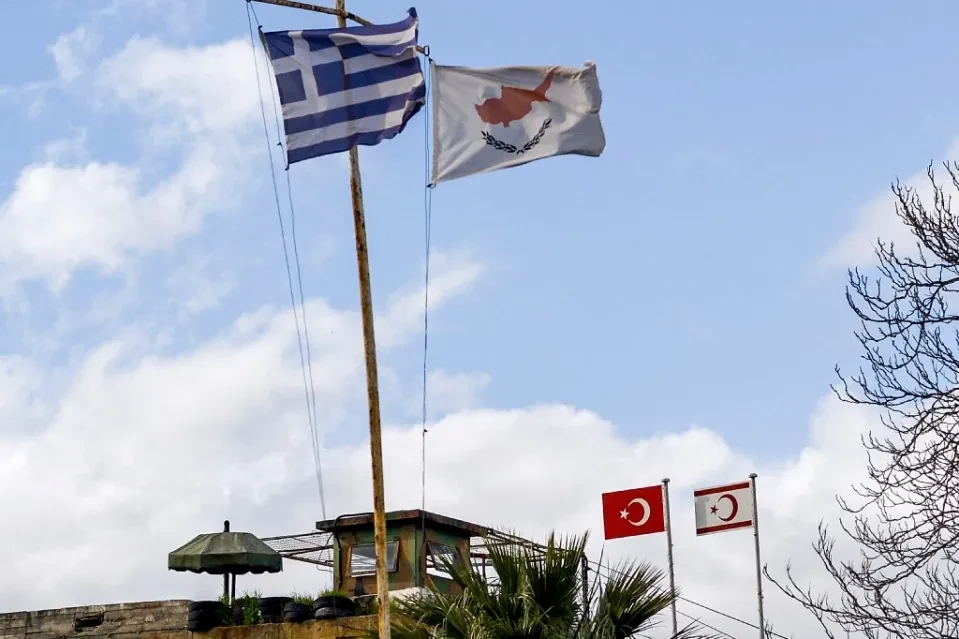Türkiye cements position as strategic NATO powerhouse, says annual report
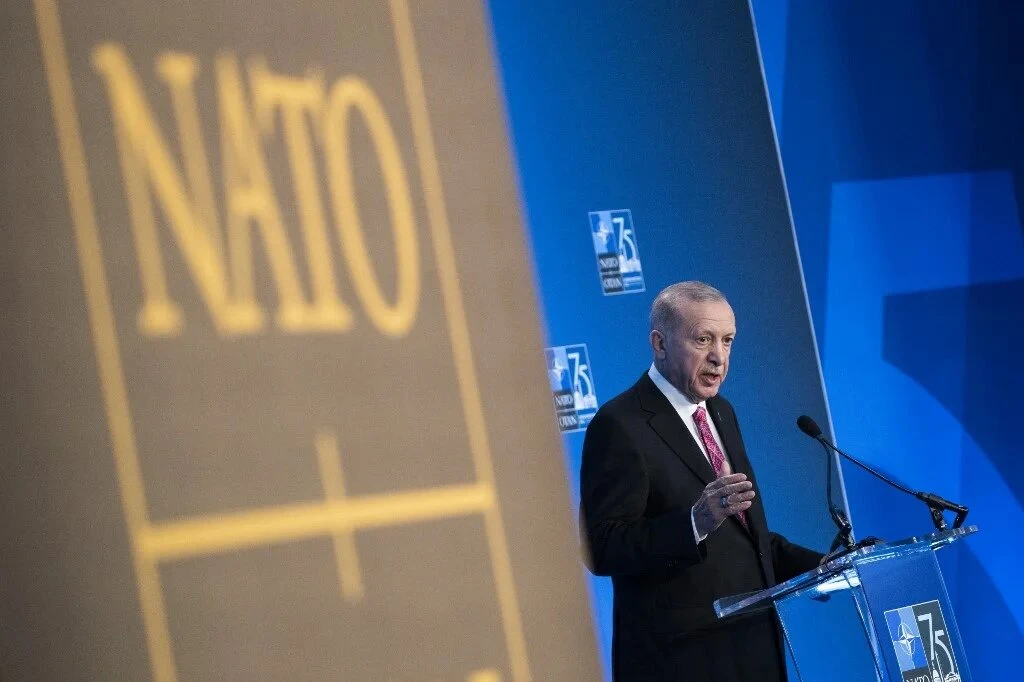 President Recep Tayyip Erdogan speaks on the sidelines of the Nato 75th anniversary summit in Washington, DC on 11 July 2024. (AFP Photo)
President Recep Tayyip Erdogan speaks on the sidelines of the Nato 75th anniversary summit in Washington, DC on 11 July 2024. (AFP Photo)
Türkiye has cemented its position as one of NATO’s most strategically significant members, according to NATO Secretary-General Mark Rutte’s comprehensive 2024 Annual Report.
The document, which provides a detailed assessment of the alliance’s activities and member contributions, reveals Türkiye’s unprecedented increase in defense expenditure and expanding influence within the 32-member security organization during what NATO leadership characterizes as an increasingly volatile global security environment.
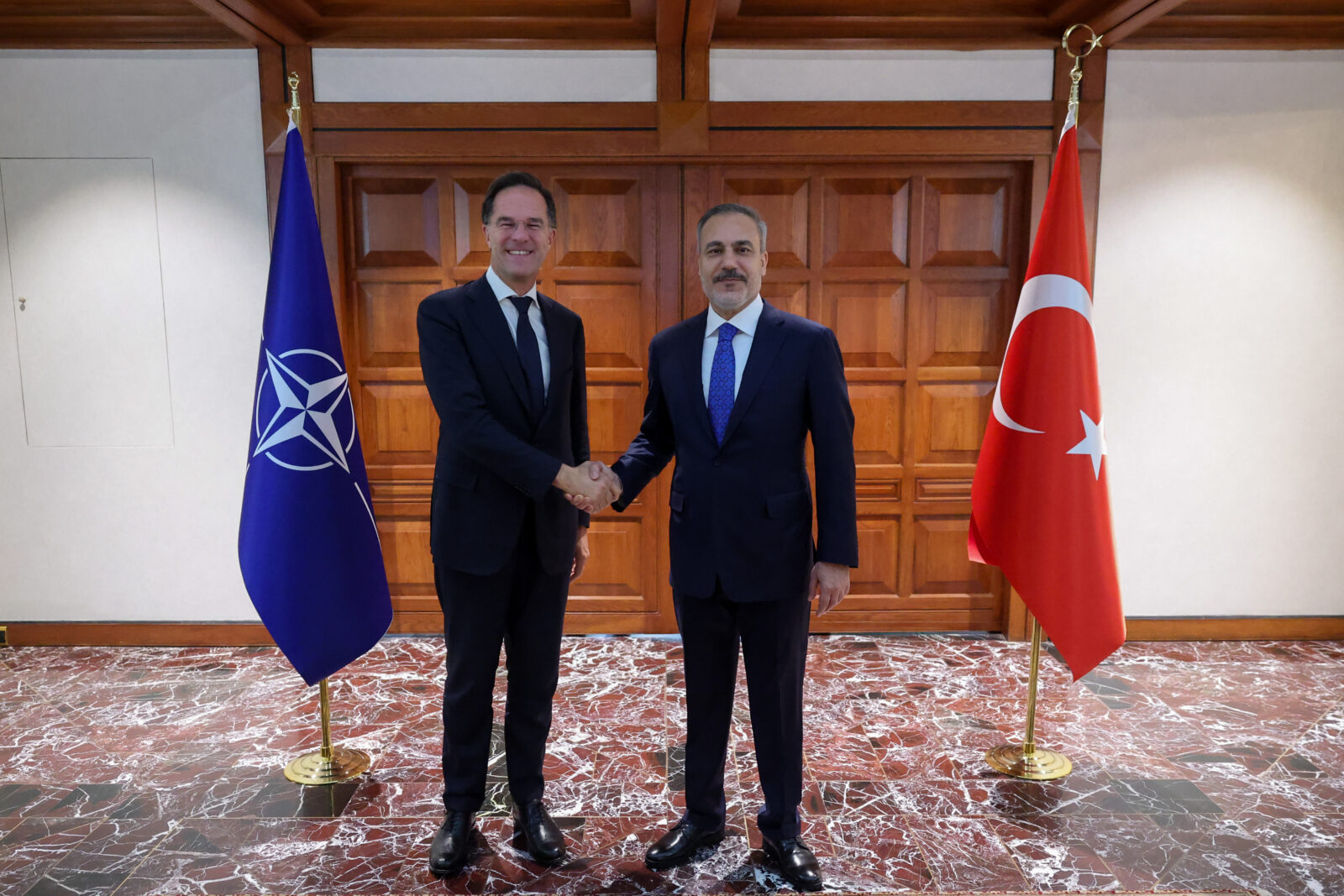
Exceeding alliance targets with substantial defense investments
The annual report, released as NATO marks its 75th anniversary, shows Türkiye has not only met but exceeded the alliance’s key defense spending targets. In 2024, Türkiye allocated 2.09% of its gross domestic product (GDP) to defense, surpassing NATO’s critical 2% benchmark that was established at the 2014 Wales Summit. This is a significant increase from 1.45% a decade ago in 2014, demonstrating the country’s growing commitment to collective security.
Perhaps more impressive than meeting the overall spending target is how Türkiye has allocated these resources. According to detailed financial data in the report, Türkiye dedicated 31.8% of its defense budget to major equipment and research and development projects in 2024, far exceeding NATO’s 20% guideline.
In real terms, Türkiye’s defense budget has grown by 130% over the past decade when measured in constant 2021 dollars, rising from $8.41 billion to $19.39 billion—a clear indication of the country’s prioritization of security and technological investments.
The report placed Türkiye among the 22 NATO countries that successfully met the defense spending target and among 28 countries that made significant equipment investments, underscoring its commitment to alliance burden-sharing principles.
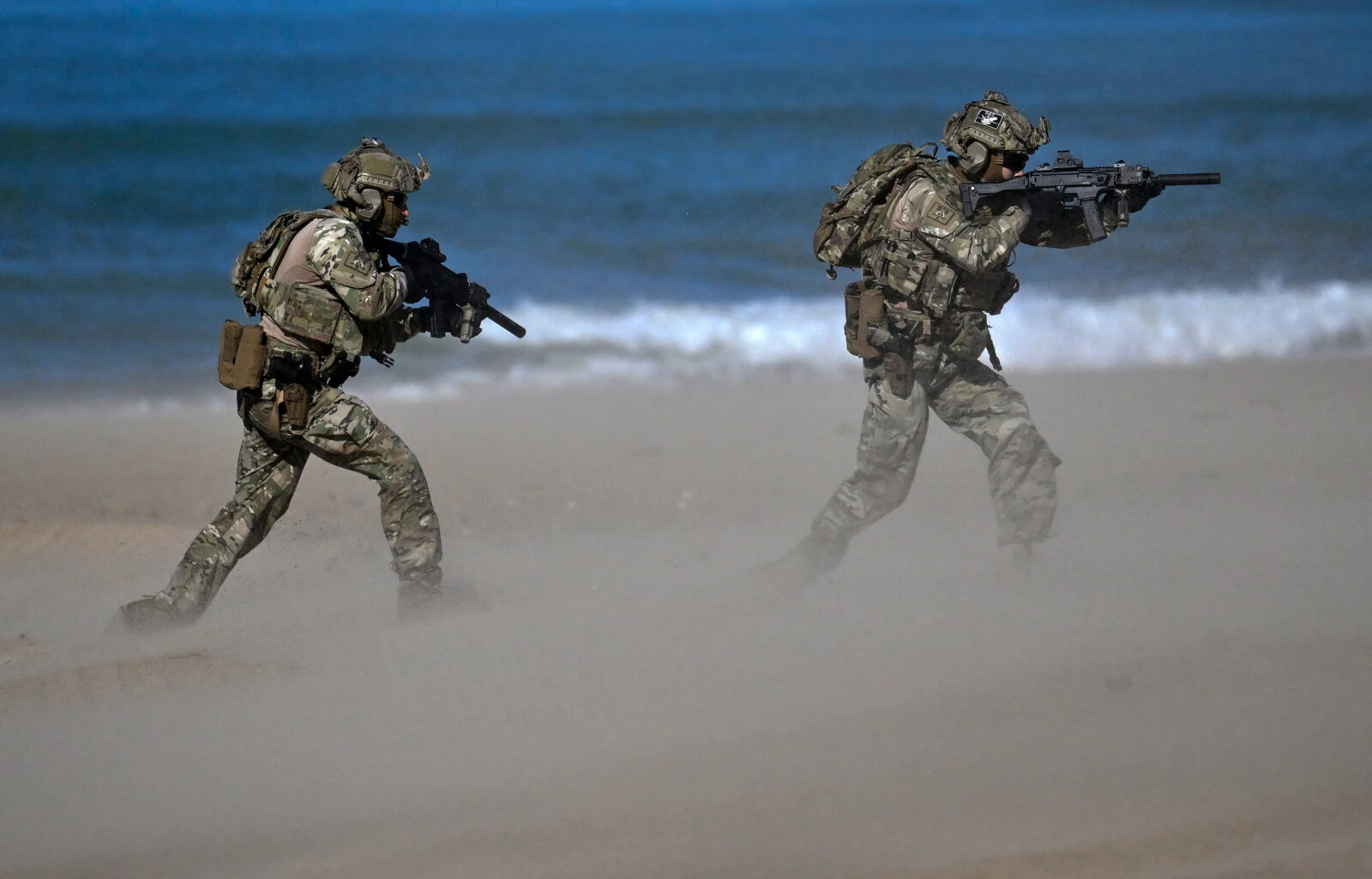
Operational contributions across multiple domains
Türkiye’s value to NATO extends far beyond financial commitments, with the report highlighting substantial operational contributions across land, sea, air, and emerging domains. With 481,000 active military personnel in 2024, Türkiye maintains one of the largest forces in NATO, second only to the United States, enabling it to make extensive contributions to various alliance operations.
In the air domain, Türkiye actively supports NATO’s Airborne Warning and Control System (AWACS) patrols, playing a critical role in the early detection of air threats over Eastern Europe. Turkish aircraft and personnel contribute to maintaining vigilance along NATO’s eastern flank, enhancing the alliance’s deterrence posture.
The country is also an active participant in the Joint Intelligence, Surveillance and Reconnaissance (JISR) initiative, providing crucial information that directly contributes to NATO’s strategic decision-making mechanisms.
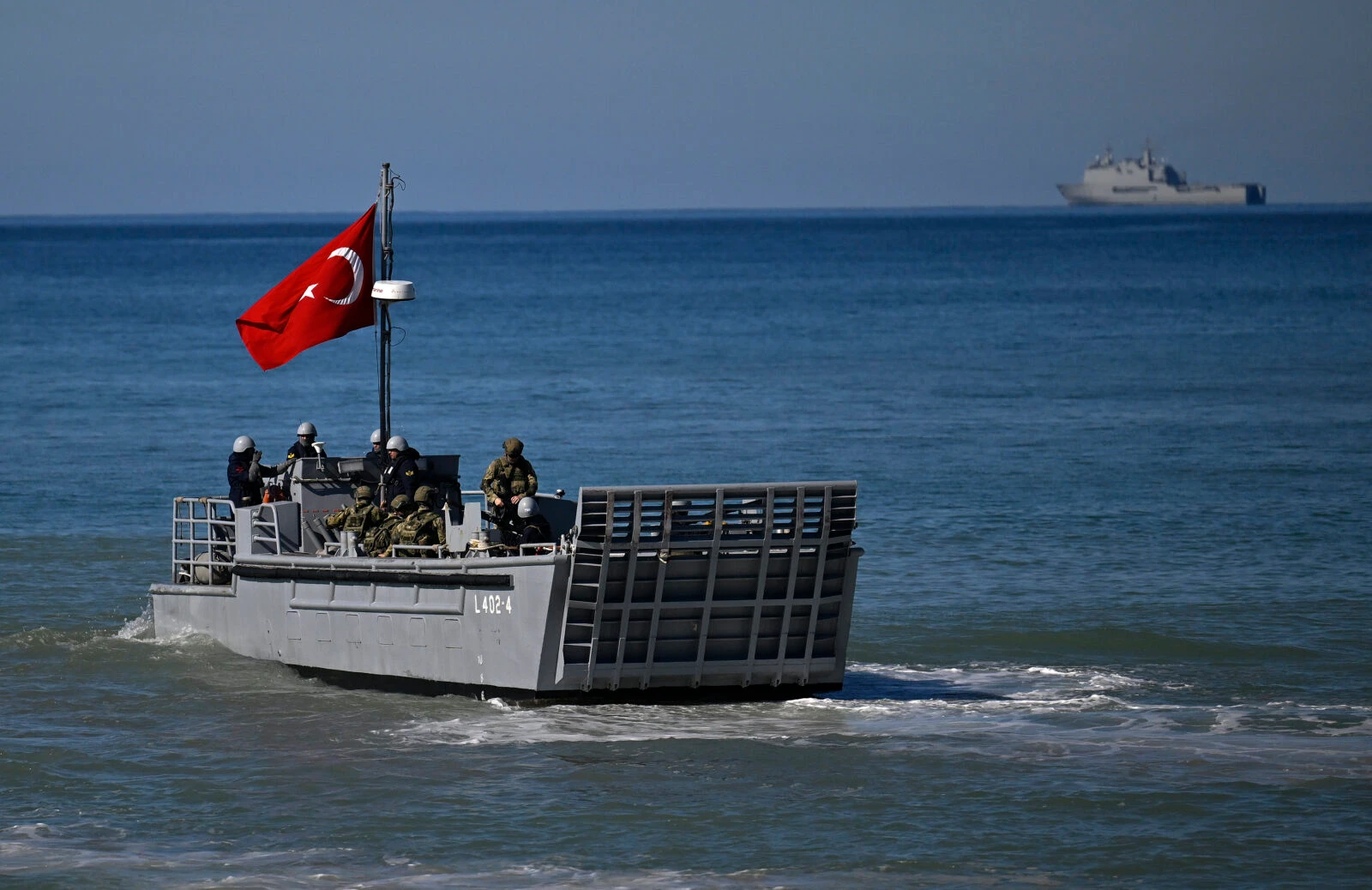
At sea, Türkiye remains a key contributor to NATO’s Standing Naval Forces, with vessels regularly participating in maritime operations throughout the Mediterranean and Black Sea regions.
The annual report specifically notes Türkiye’s central role in Operation Sea Guardian in the Mediterranean, which contributes to maritime security and counter-terrorism efforts in this strategically important waterway. Turkish maritime patrol aircraft also enhance the alliance’s situational awareness in critical maritime zones.
On land, Türkiye strengthens the alliance’s eastern flank defense through participation in Enhanced Vigilance Activities, which demonstrate NATO’s readiness and defensive posture. The report highlights Türkiye’s contribution of 325 troops to NATO’s multinational Forward Land Forces in 2024, supporting the alliance’s forward presence strategy.
Türkiye also made significant contributions to the Kosovo Force (KFOR), with Turkish Major General Ozkan Ulutas commanding approximately 4,300 troops from 29 allies and partners until October 2024.

Demonstrating military prowess through alliance exercises
The 2024 report documents Türkiye’s extensive participation in NATO’s exercise program, which tested and validated the alliance’s readiness and interoperability. Türkiye demonstrated its military capabilities during NATO’s largest exercise in decades, “Steadfast Defender 2024,” which involved over 90,000 troops testing NATO’s ability to reinforce the European continent during a simulated crisis scenario.
This massive exercise, which spanned multiple regions from the High North to Eastern Europe, included the deployment of Turkish forces and equipment, demonstrating the country’s ability to integrate into NATO’s collective defense arrangements.
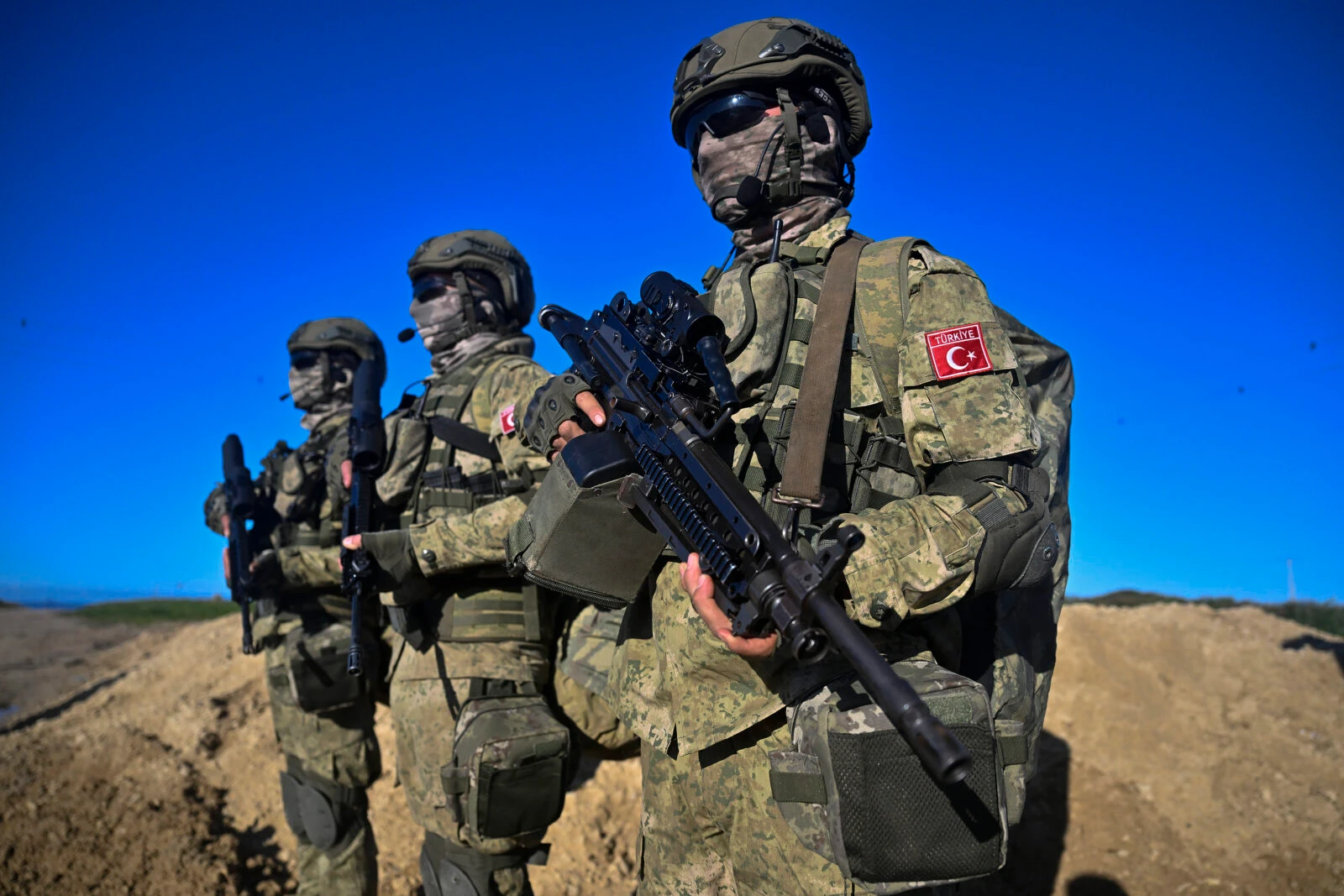
The exercise was particularly significant as it was the first to test NATO’s new regional defense plans adopted after the 2023 Vilnius Summit.
Beyond Steadfast Defender, Türkiye actively participated in other critical exercises, including Brilliant Jump 24, which tested the Very High Readiness Joint Task Force, and Dynamic Manta 24, which focused on anti-submarine warfare in the Mediterranean.
The report notes that NATO conducted a total of 119 exercises in 2024, with Türkiye participating in multiple training events that spanned air, land, and maritime domains.
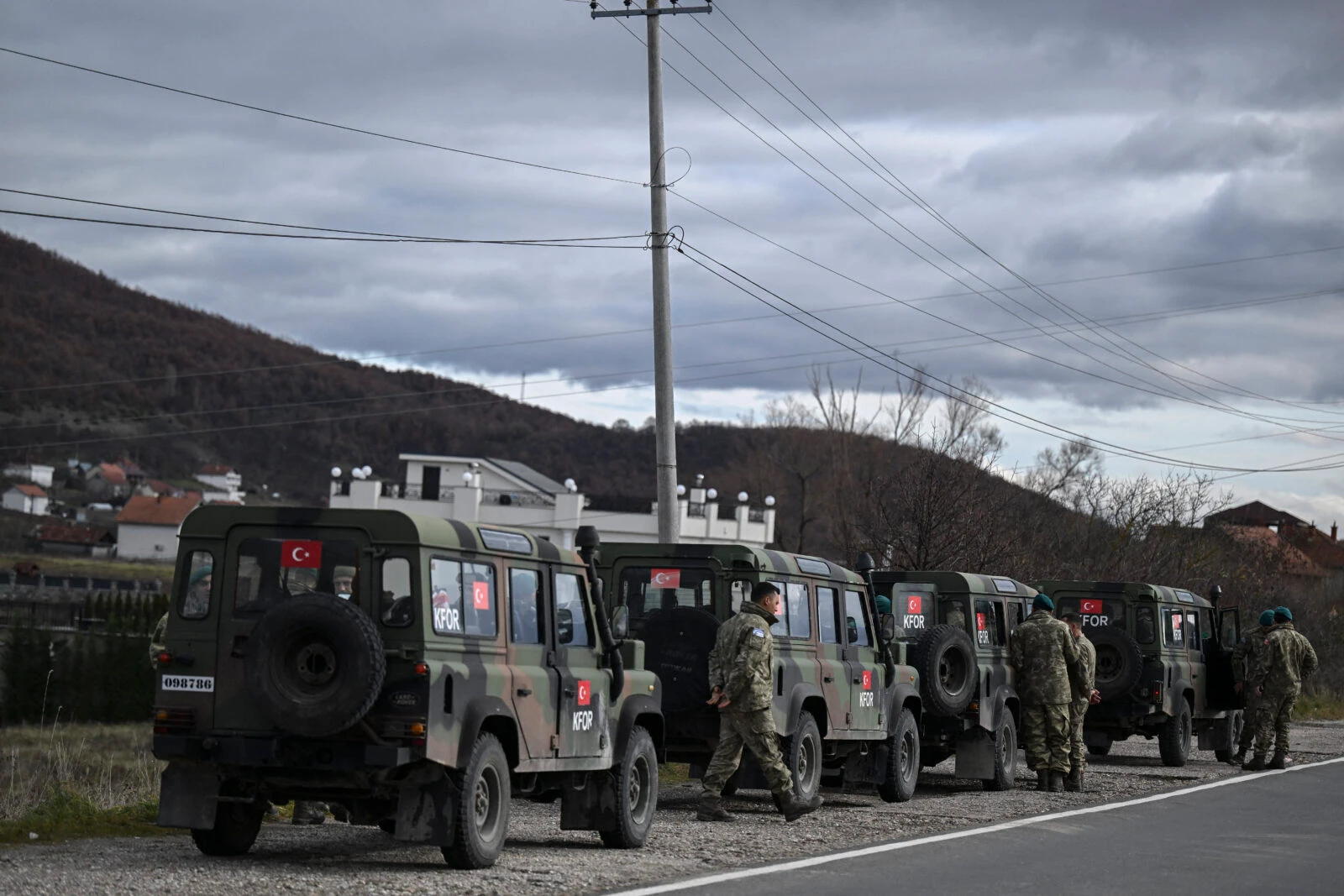
Strategic hub for NATO capabilities and technology initiatives
The 2024 Annual Report reveals Türkiye’s growing influence in high-technology defense initiatives and its status as a strategic hub for NATO. Türkiye is among 14 countries participating in the STARLIFT project, playing a pioneering role in securing NATO’s access to space assets during crisis situations. The initiative aims to develop a network of launch capabilities, helping allies respond more quickly to threats from space.
The country serves as a critical node in NATO’s command structure, hosting several vital command and training centers. The NATO Allied Land Command (LANDCOM) in Izmir serves as NATO’s primary land warfare command, coordinating land operations across the alliance.
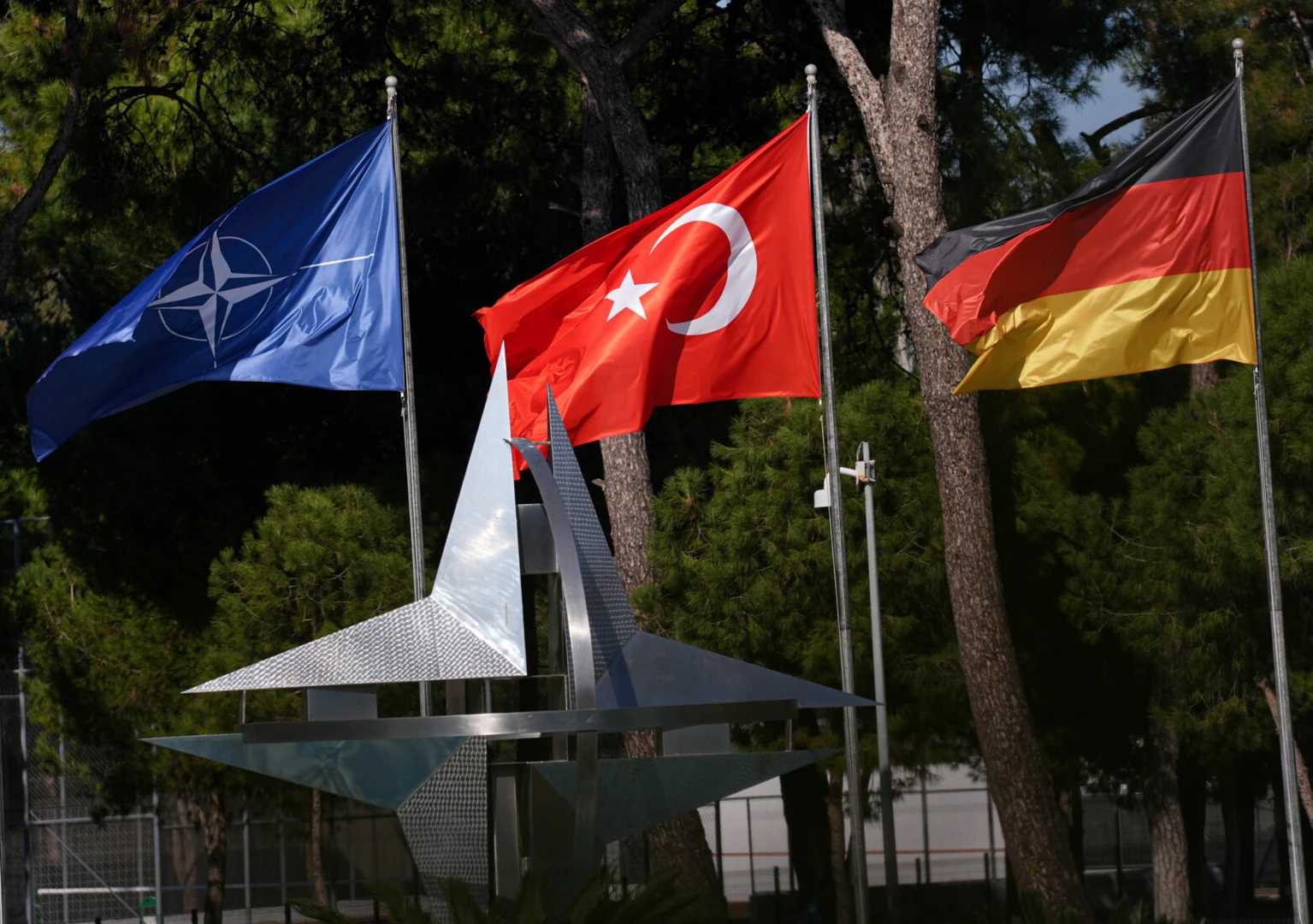
The NATO Rapid Deployable Corps-Turkey (NRDC-TUR) in Istanbul is stationed as one of the high-readiness headquarters, capable of commanding operations within and beyond NATO territory.
Additionally, Türkiye hosts several Centers of Excellence that provide specialized expertise to the alliance. Ankara’s NATO Centre of Excellence for Defence Against Terrorism addresses one of NATO’s core security concerns, providing training and research on counter-terrorism strategies and tactics.
The Partnership for Peace Training Centre facilitates cooperation with partner nations, while Istanbul’s NATO Maritime Security Centre of Excellence enhances the alliance’s capabilities in addressing maritime security challenges.
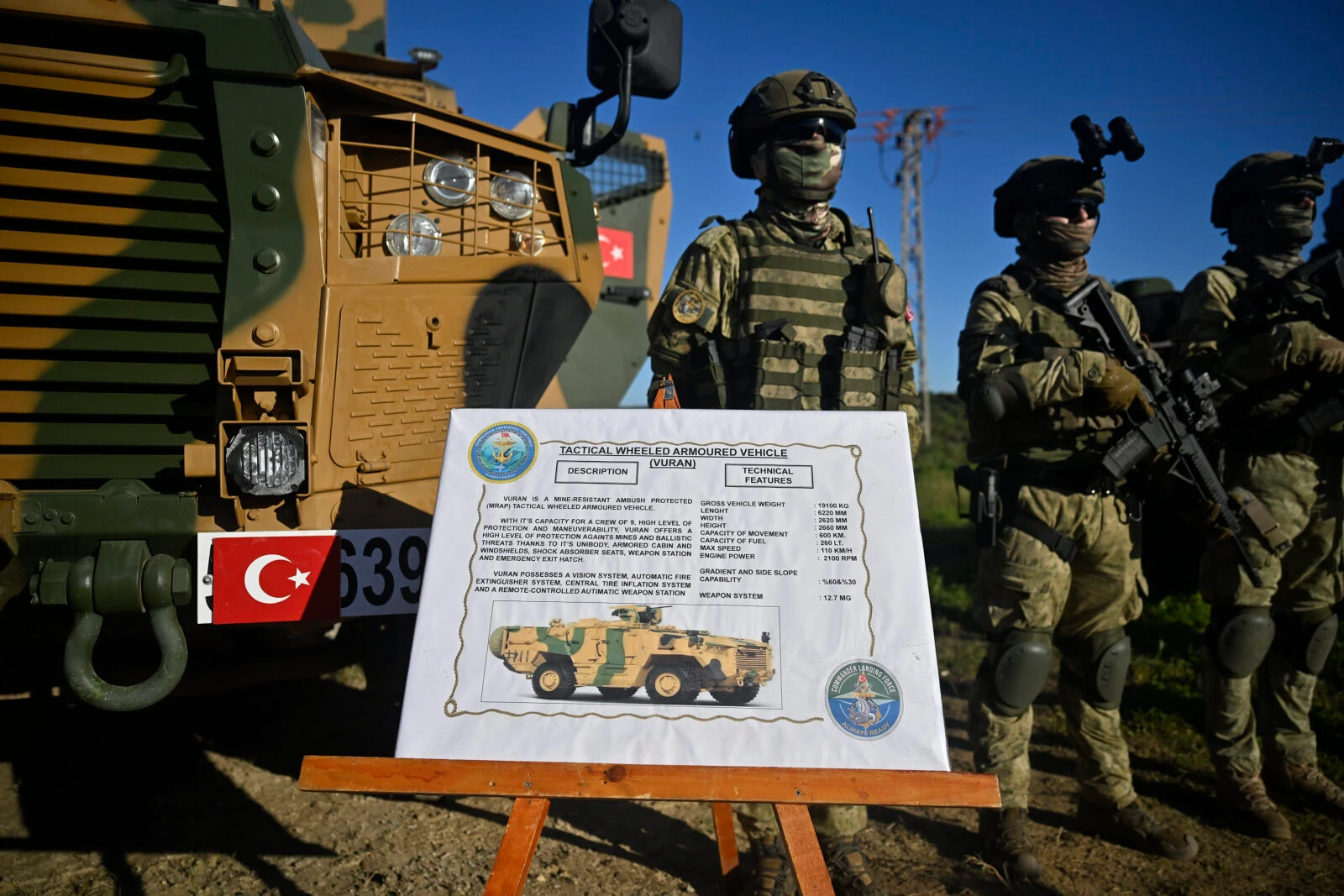
The report also addresses NATO’s evolving approach to counterterrorism, which remains a priority security concern for Türkiye. The alliance updated its counter-terrorism policy in 2024, with the report noting: “Terrorism remains the most significant asymmetric threat to the security of the citizens of NATO and to international peace and stability.” Türkiye’s expertise in this domain, particularly through its Centre of Excellence, provides valuable insights to the alliance’s counter-terrorism efforts.
As NATO continues to adapt to emerging threats, including what the report describes as “growing strategic alignment between Russia, China, Iran, and North Korea,” Türkiye’s strategic location and enhanced military capabilities position it to play an increasingly crucial role in the alliance’s future.
The deployment of North Korean troops to Europe, characterized by NATO as a “reckless escalation,” further highlights the importance of Türkiye’s contributions to alliance security in an era of complex, interconnected threats.
Rutte concluded the report by emphasizing that “in 2025, we need to significantly increase our efforts to ensure NATO remains a key source of military advantage for all our nations.”
As NATO implements this vision, Türkiye’s enhanced capabilities, strategic geographic position, and demonstrated commitment to alliance goals ensure it will remain an indispensable actor in NATO’s collective defense architecture for years to come.

